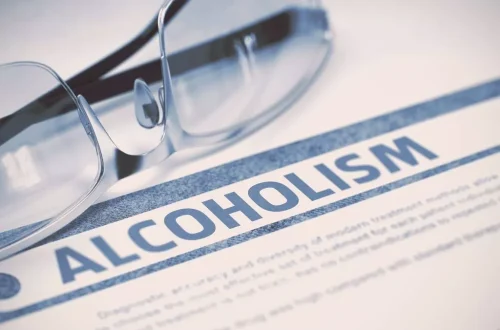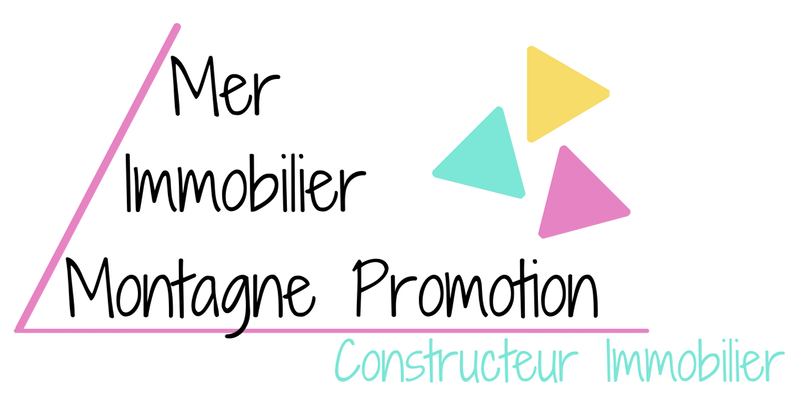
We have the chance to grow and improve daily, so let personal growth guide you on your recovery journey. Expressing gratitude can be a powerful tool in creating a fulfilling life during recovery. Take some time each day to reflect on the small things you appreciate.
Healthy Meals and Exercise
Life after addiction is the stage of recovery where people truly find themselves. It is the stage in which they learn how to live – eat, sleep, work, socialize, learn – without the dark cloud of addiction over their heads. Some treatment programs also offer opportunities to participate rebuilding your life after addiction in fun sober activities. People with a history of chronic substance use or a co-occurring mental health disorder, for instance, may be recommended day treatment or an intensive outpatient program. Inpatient and residential rehab programs offer 24-hour structure and support.
Embracing Serenity: How Spirituality Can Aid in Recovery
He wasn’t able to speak on camera, but he wants to help in every way possible. The only plausible reason they could come up with is Daniel was roofied. By the time they walked out of the bar, Daniel was starting to fall apart.
Practice Healthy Coping Mechanisms
- The only plausible reason they could come up with is Daniel was roofied.
- What you’ll find in a step-down program for drug or alcohol recovery will vary depending on the rehab facility.
- Other concerning behavior may include gambling, smoking, drinking, overeating, and reckless sexual behavior.
- Embarking on a journey toward personal growth in addiction recovery requires some self-awareness, which can be genuinely transformative.
Here, you can meet and talk with others of the same age and gender who also understand the hardships of addiction firsthand. Once you’re out of substance abuse treatment, you might feel unproductive and lazy. But it’s time to fill your life with productive, uplifting, and enjoyable activities. Try volunteering, continuing education, or pursuing other rewarding hobbies for a new life that is good for you.
Step 10: Set and Accomplish Goals
The motivational force of new goals eventually helps rewire the brain so that it has alternatives to the drive for drugs. It’s hard to leave addiction behind without constructing a desirable future. In addition, self-care is a vital foundation for a healthy new identity. At the very least, self-care should include sleep hygiene, good nutrition, and physical activity. Sleep is essential for shoring up impulse control and fostering good decision-making. Another vital element of care during recovery is relapse prevention—learning specific strategies for dealing with cravings, stress, setbacks, difficult situations, and other predictable challenges.


Engaging in meaningful activities and hobbies brings joy, fulfillment, and a sense of purpose to daily life. Whether pursuing artistic endeavors, participating in volunteer work, or exploring new interests, these activities provide a healthy outlet for self-expression and personal growth. Whatever stage you are currently at in recovery from active addiction, now is a great time to reaffirm your commitment to moving forward and reevaluating your recovery program. When you put drugs and alcohol behind you, there is no limit to what you can accomplish. After leaving rehab, it is crucial to cut ties with all previous substance abusing and addicted friends from the past. Regardless of the support, they claim they’ll give you during your path to sobriety, the fact is their presence will only stall your progress.
Sad, disturbing footage shows zombie drug addicts flooding Alberta bus station waiting room
- If you or someone you know resumes substance use after treatment, it shouldn’t be viewed as a failing, but as a part of the ongoing recovery process.
- Identify key past events that gave rise to negative beliefs about yourself.
- Seeking ongoing treatment for your substance use disorder, mental health issues, or other underlying issues can be helpful if you find sober living challenging.
- Physicians play a pivotal role in guiding patients through this difficult process, offering not only medical support but also emotional and psychological encouragement.
Join support groups, read literature, and seek guidance through therapy or counseling. These experiences can enhance your personal growth and enrich your life in ways you never thought possible. To fully recover from an addiction, the individual must reflect on the past issues that may have impacted their addiction from the start. Once these life skills and potential issues have been identified, the individual can attend therapy or work with a mental health professional to start to re-develop these skills. Research has identified relapse patterns in adolescents and adults recovering from addiction. In one study, two-thirds of the adults relapsed in social situations in which they experienced urges and temptations to drink or use.

Commentaires récents